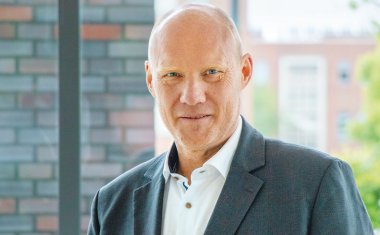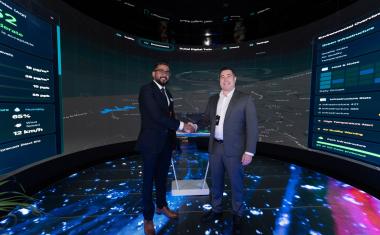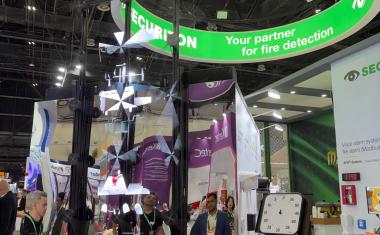Nedap strengthens its position in the German market
Nedap is strengthening its market position in Germany with a new business partner; ‘Nedap Technology Partner' (nTp) for Security Management GmbH. nTp was founded by former managers...
Nedap is strengthening its market position in Germany with a new business partner; ‘Nedap Technology Partner' (nTp) for Security Management GmbH.
nTp was founded by former managers of Primion Technology AG, who have extensive market and technology know-how. Juergen Schneider, one of the founders of nTp, is chairman of the Technical Committee of Integrated Network Engineering at the Federal Association of Manufacturers and Installers (Bundesverband der Hersteller und Errichter, BHE). In his view standardization determines the future of IT. Today's security infrastructure in most buildings is composed of a variety of systems and equipment. Only the integration of all systems and functions into a standard IP security platform ensures sustainable benefits and minimization of security risks.
Traditional approaches try to integrate the hardware of so-called sub-systems (intrusion, escape, access control and video) on the server level using hundreds of interfaces. The strategy of the platform-independent security management system AEOS from Nedap is to use intelligent Linux-based security controllers that integrate the complexity on the underlying automation level. This way video cameras can be connected to a NAS server through the network, and operate without a DRV or video server. This way, barriers between the traditional sub-systems are removed. The various security features can be combined, managed and controlled through a single web-based user interface. The open IP standard on which the Nedap AEOS system is based ensures that the system is future-ready.
nTp has realized the connection of business building automation and security systems with ERP (eg. SAP) applications. It supports multi-site installations and multi-client environments. The customer can choose between:
- On premise (software and hardware with the customer)
- Cloud computing (software and services run on highly secure web platforms)
Arjan Bouter, Sales Director Nedap Security Management says: "We are very pleased with this partnership which strengthens our position in the German market. In our opinion, the increasing integration requirements, cost sensitivity and environmental awareness are now forcing the market towards a more standardized building communication."













